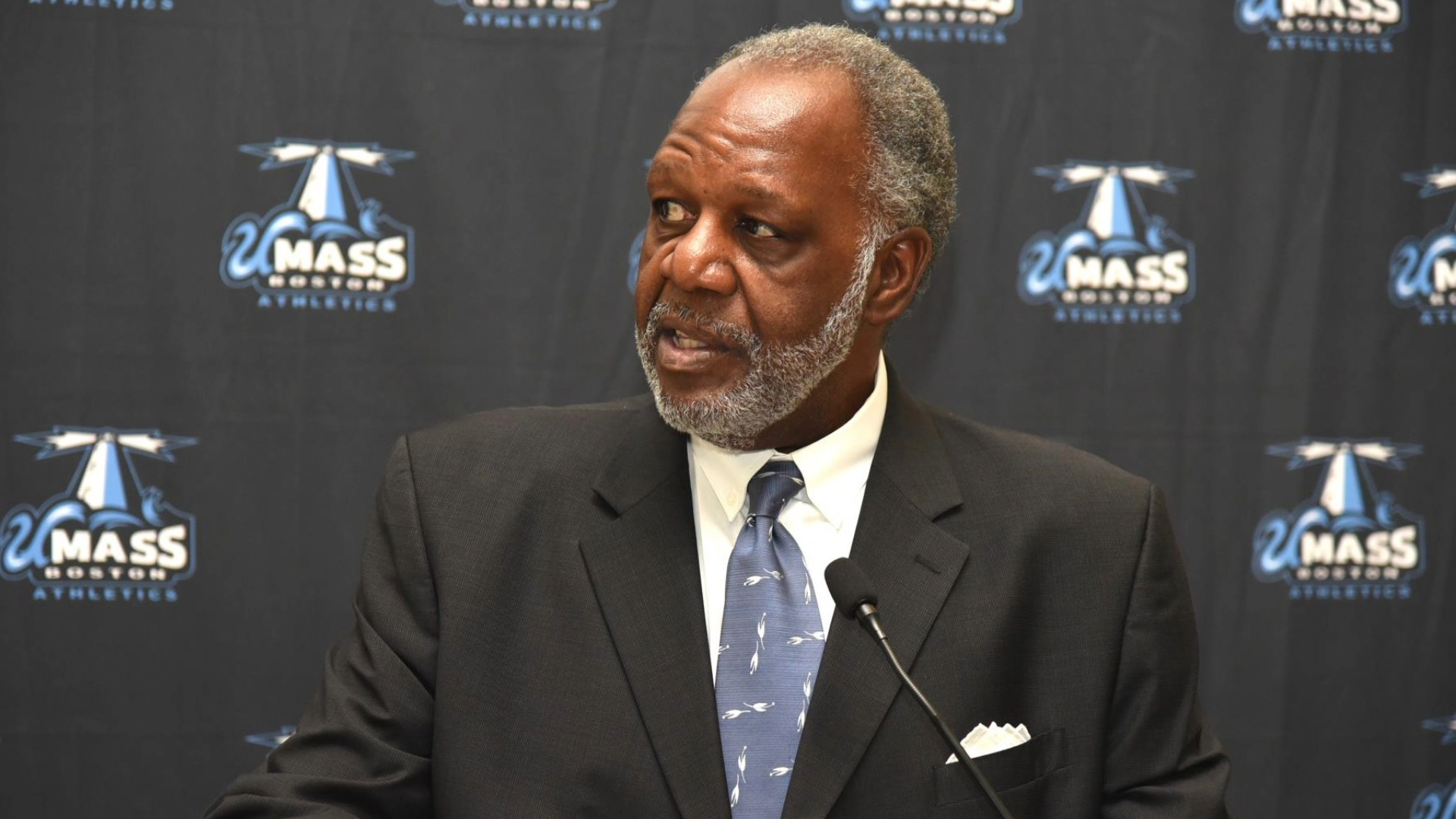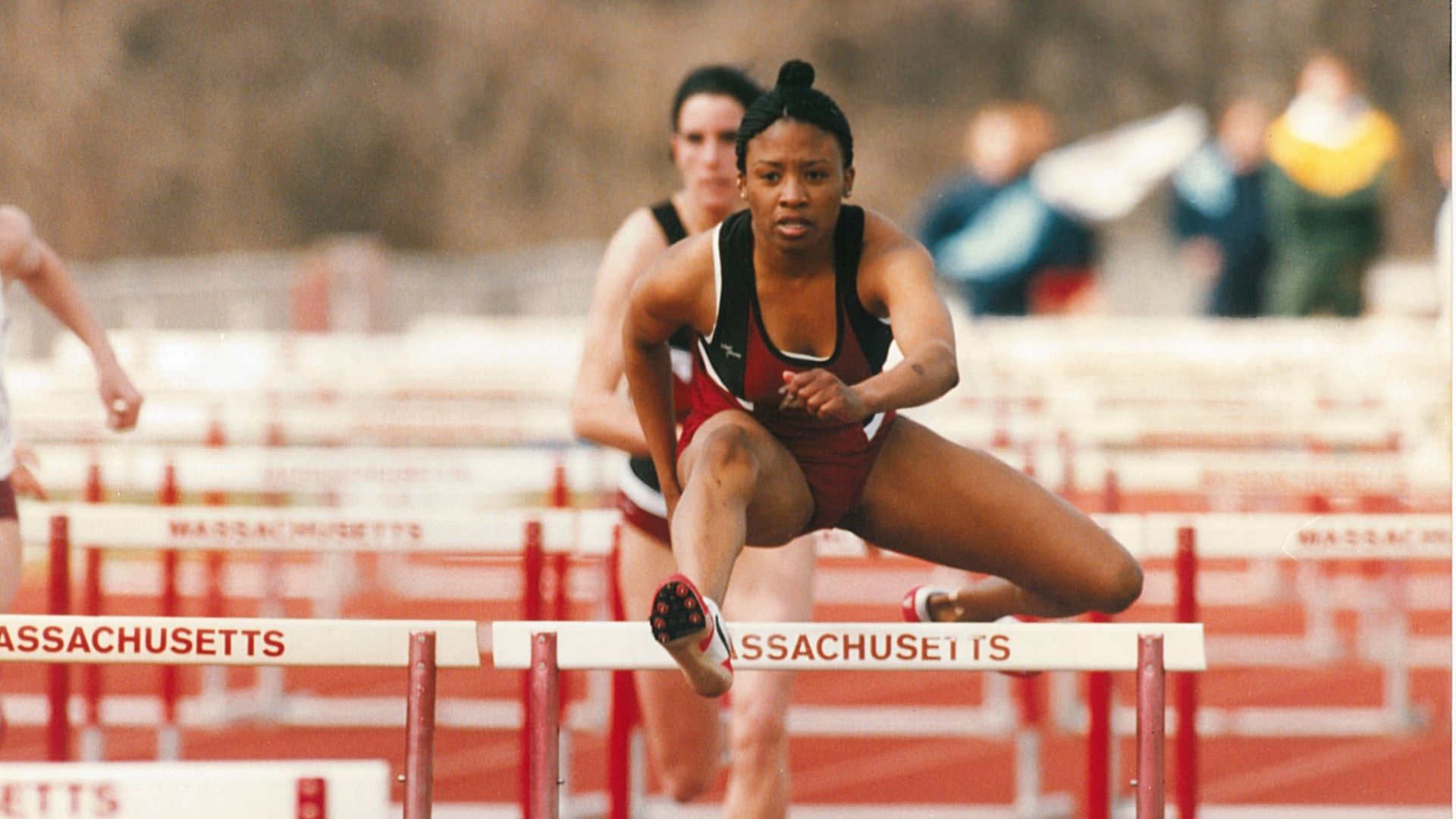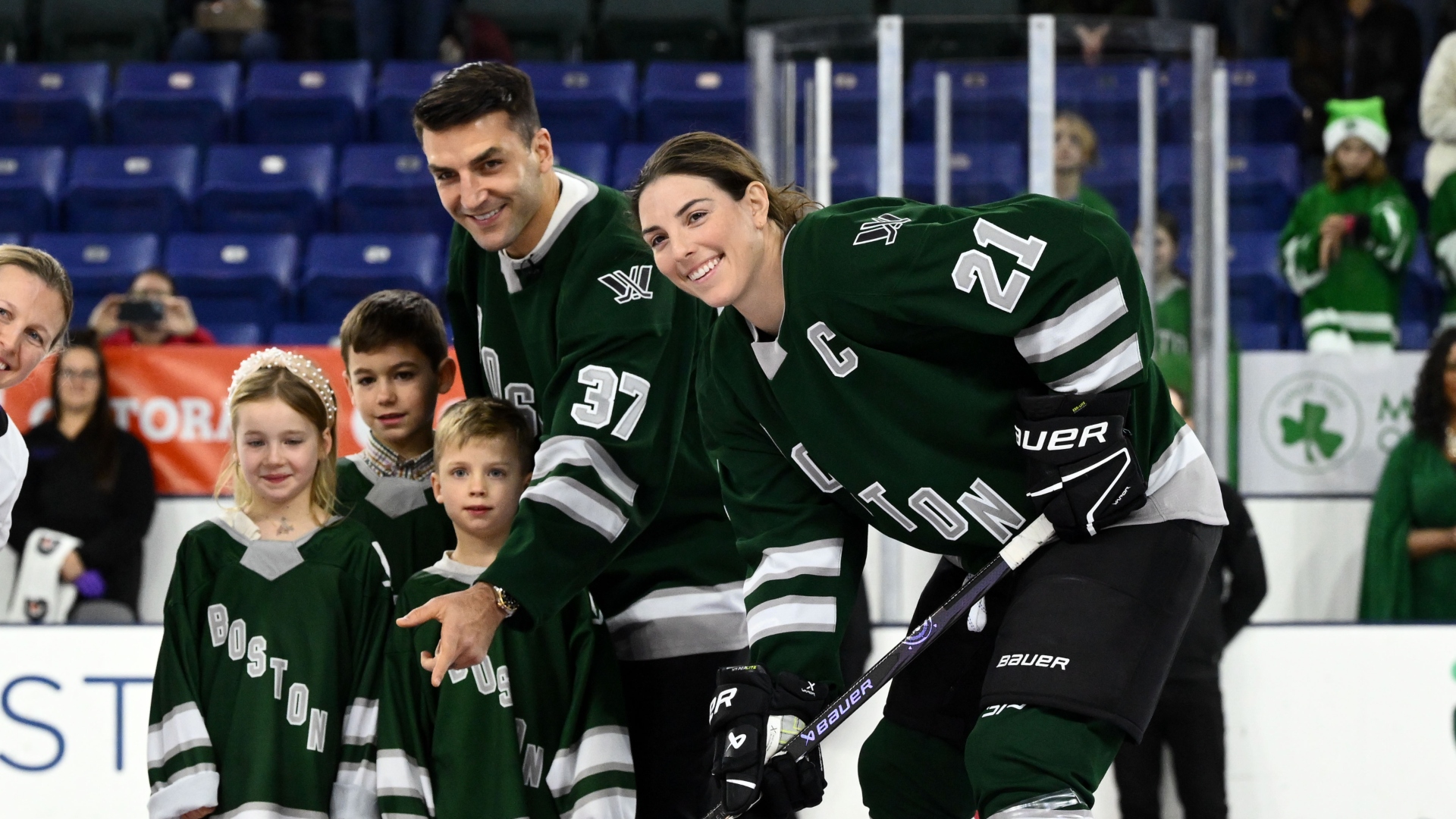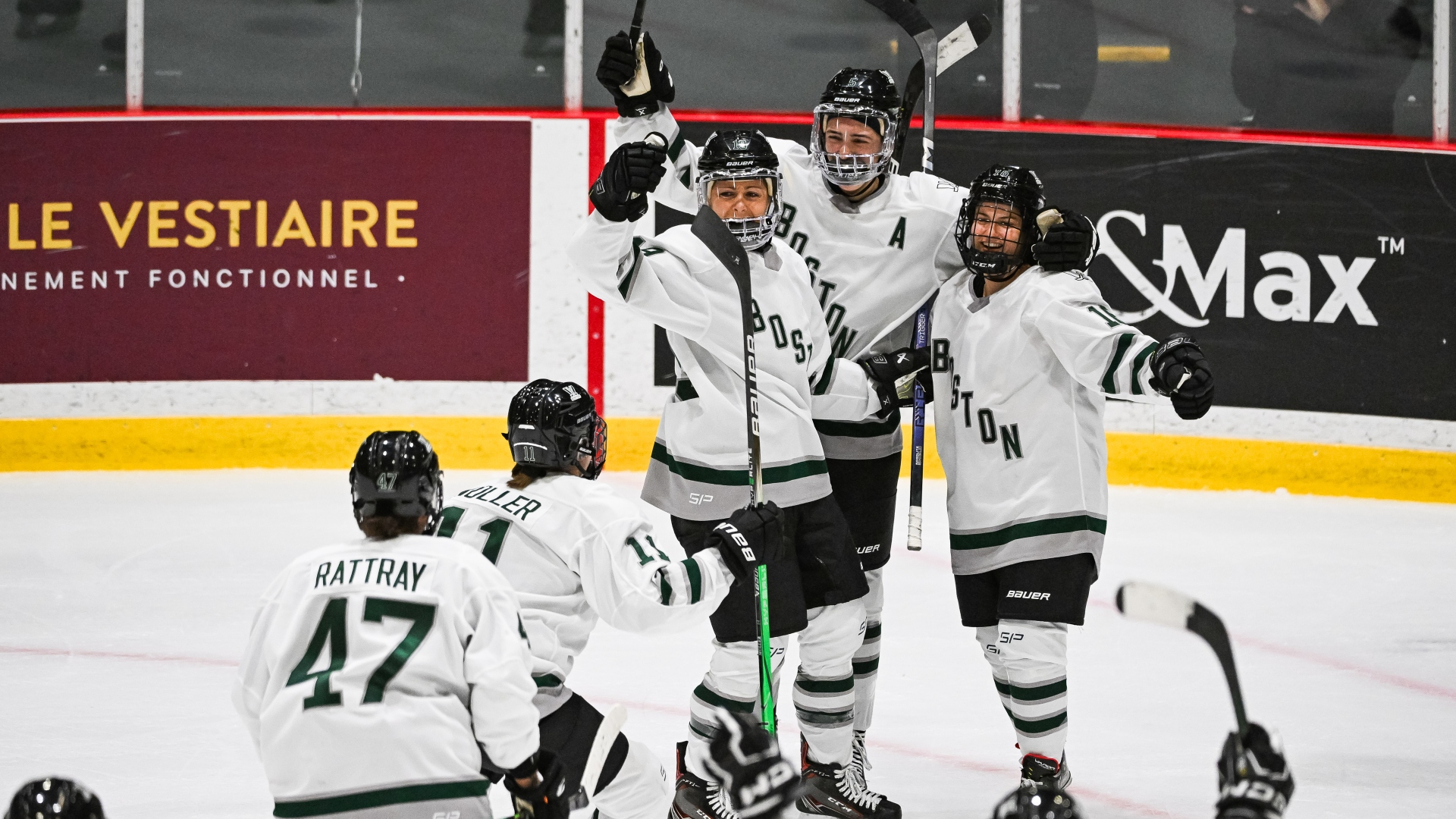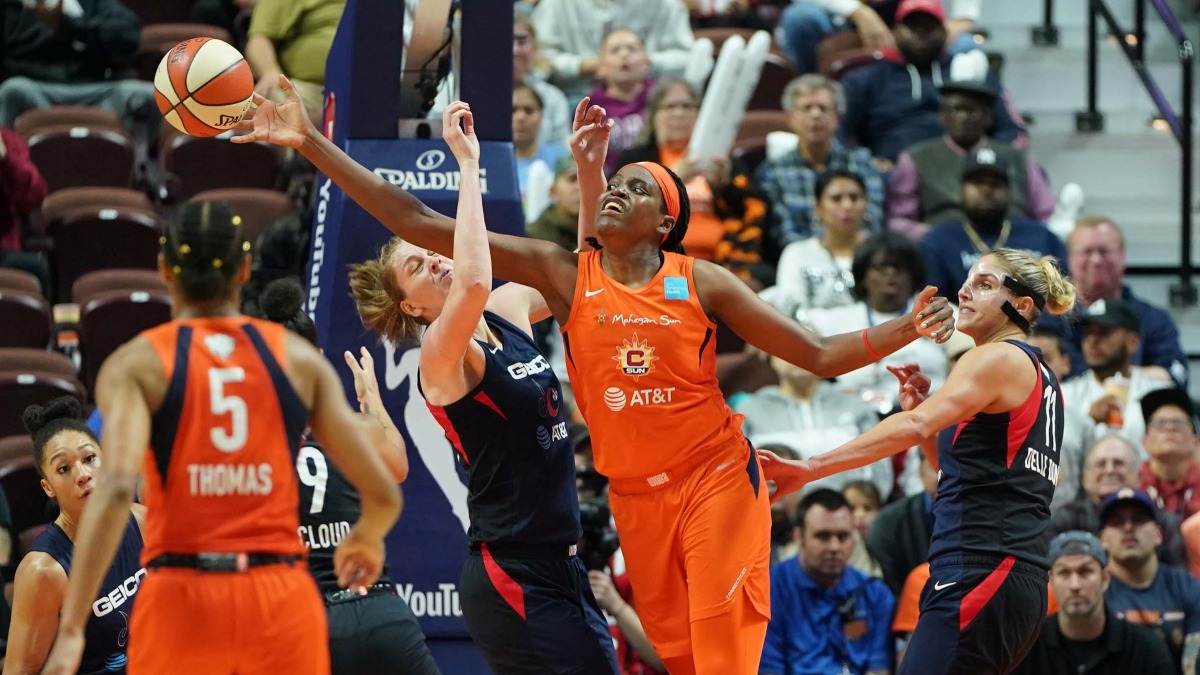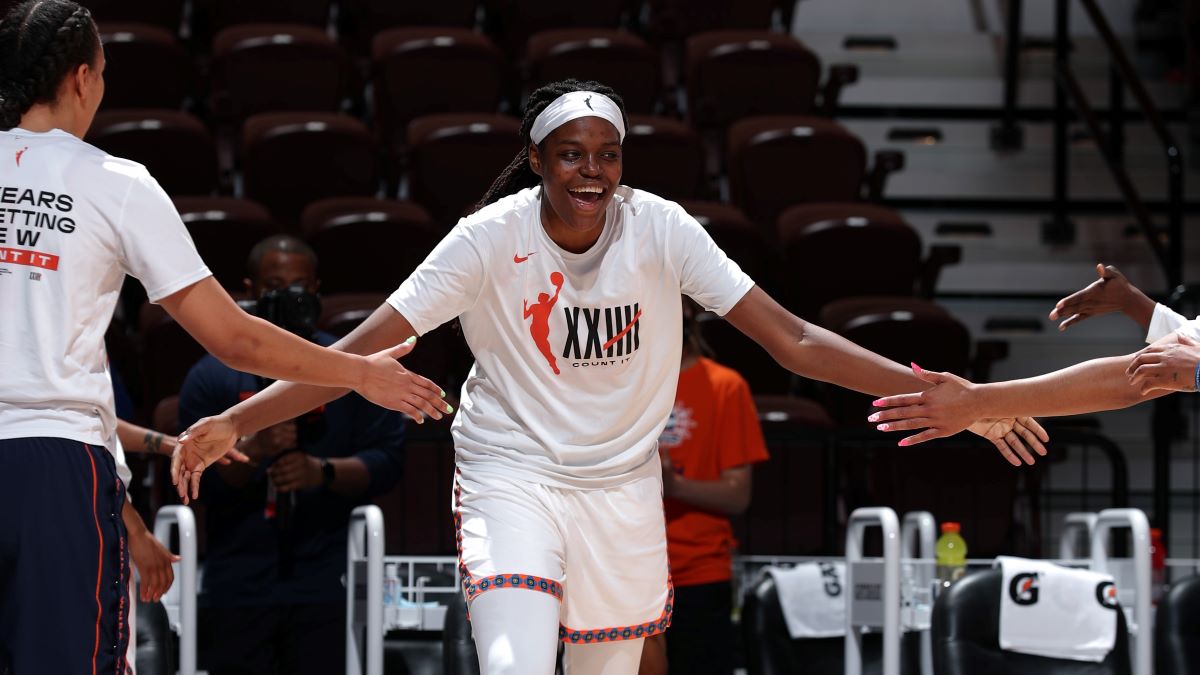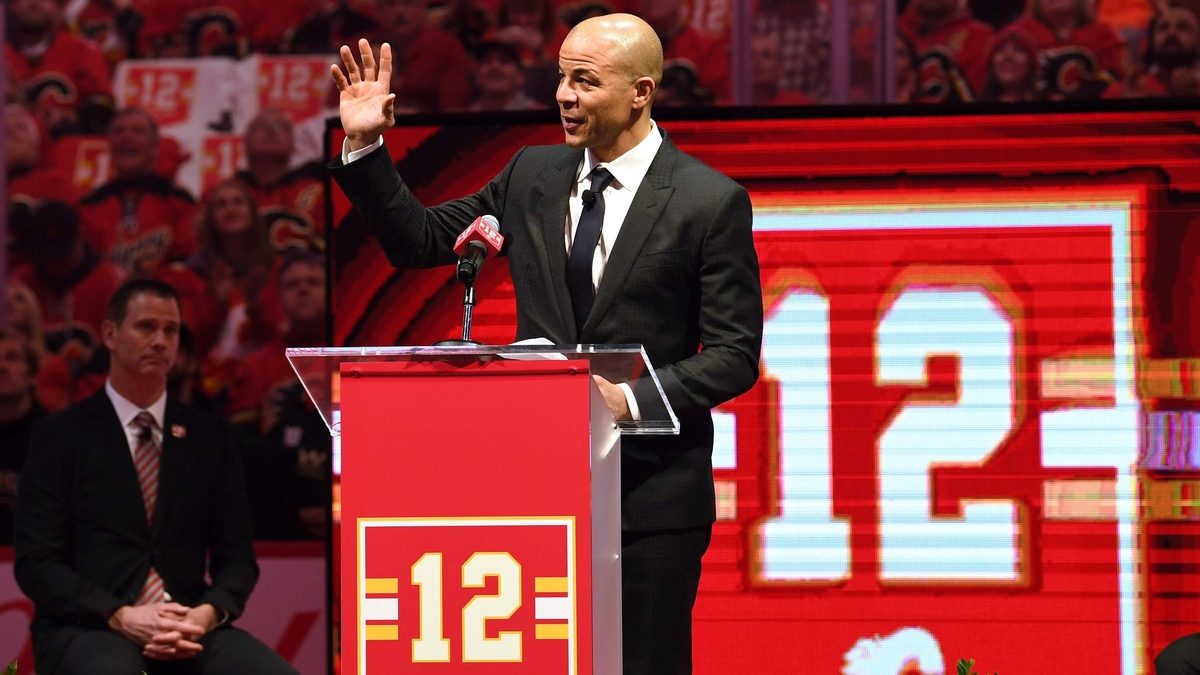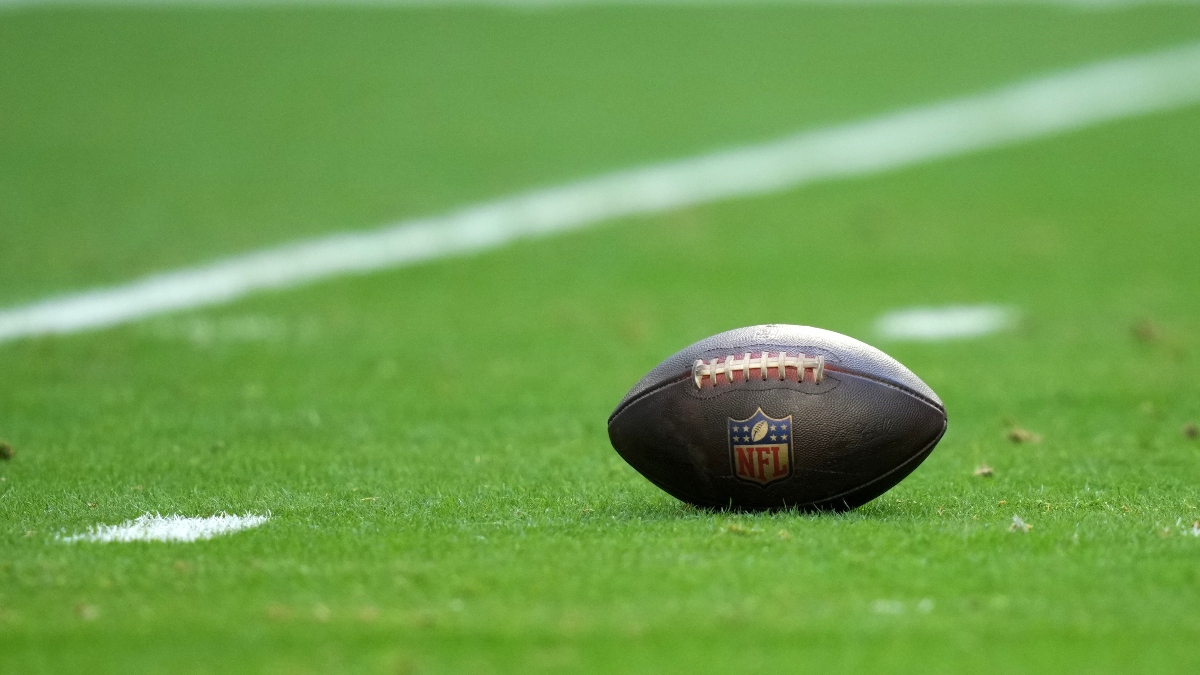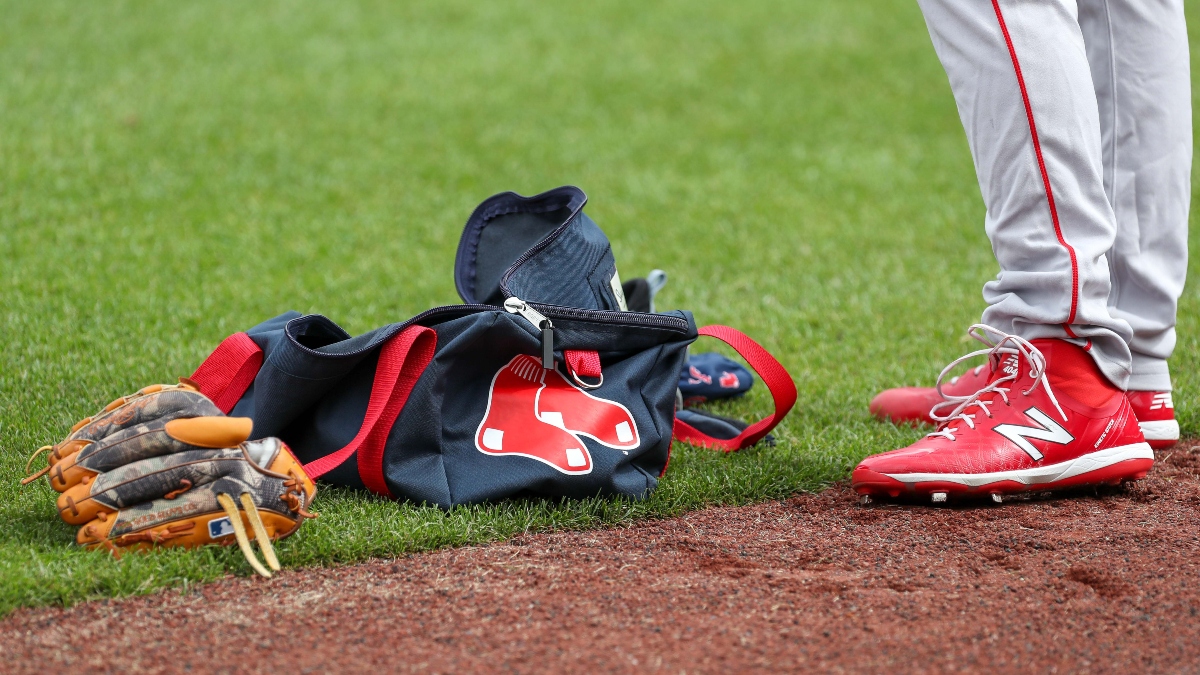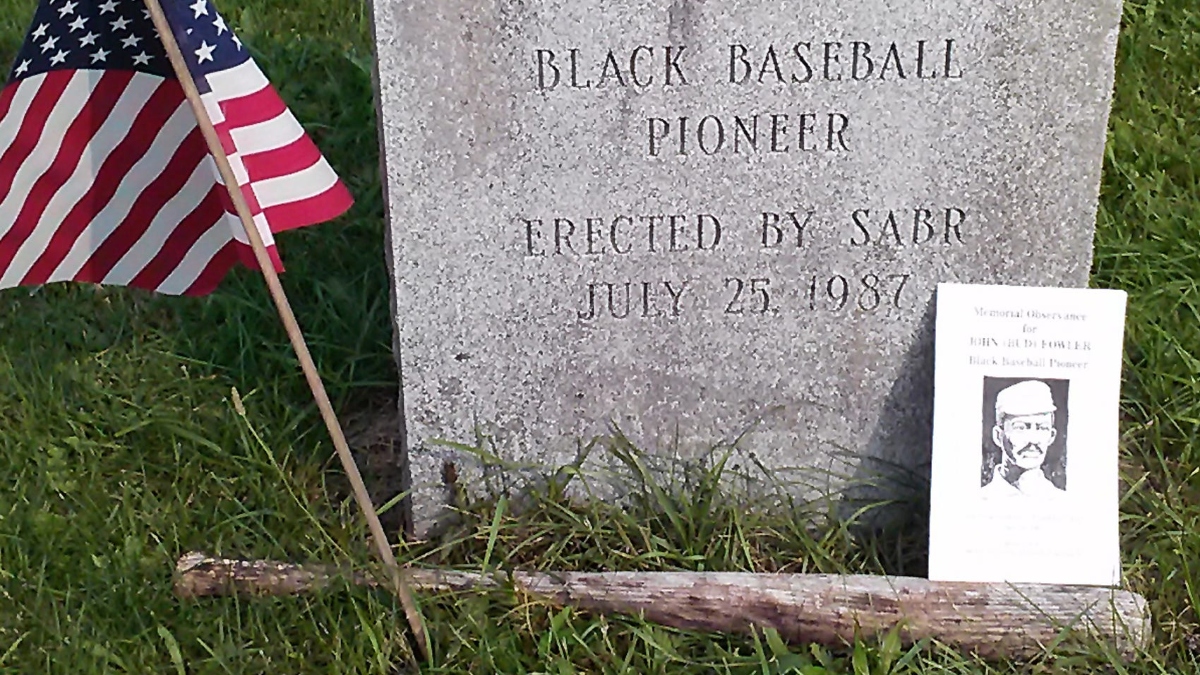Throughout the month of February, NESN and Berkshire Bank are proud to celebrate Black History Month -- honoring the many accomplishments and achievements of Black Americans in New England sports. To see all the great stories celebrated on NESN and NESN.com, visit NESN.com/BlackHistoryMonth.
Saroya Tinker made the choice to retire from hockey at 25, hanging up her skates just days before entering her first training camp with the newly formed PWHL.
It was relatively surprising, as Tinker has all the makings of someone who could have found success in the league.
The Yale product won an Isobel Cup title as a member of the Toronto Six and played in the final PHF All-Star Game last season. It looked as though Tinker, who starred as an eight-sport athlete in her high school days, was just entering her athletic prime. There's something more important than her on-ice career that needed to be addressed, however.
Story continues below advertisement
"I didn't play professionally because I wanted to get more out of myself or show off and be the best person out there on the ice," Tinker told NESN.com. "I wanted to play and be representation, and that's what kept my passion alive in the game -- was seeing little girls of color in the stands, because there's obviously not many of us."
Tinker's status as one of the relatively few people of color who have played professional hockey means a lot to her, as she overcame barriers many before her have faced -- including her father, Harvel.
Harvel Tinker is of Jamaican descent, but grew up in Scarborough, Ontario, loving hockey. He'd take the subway to go play whenever and wherever he could, but often found himself on the receiving end of racist remarks. It was something he shared with his children, who eventually went through similarly discouraging experiences.
Story continues below advertisement
More
"I was super frustrated in regards to the culture that was on the team when I got to Yale," Tinker said. "I didn't really know what to do about it until my senior year, when Kiersten Goode, who is a senior at Yale this year, came on the team as freshmen.
"I realized how important it was for me to be there for her, and honestly for her to be there for me. I didn't realize what a difference it made. I think before, being the only black person on a team, you kind of hear things and then you have to internalize it because there's no one to look to or talk to about it. ... I just didn't love the game the same way because of everything that I'd gone through."
That's why Tinker decided to make a change.
Story continues below advertisement
Saroya Strong, a mentorship program for BIPOC women in sport, was launched following her career at Yale. Tinker then helped launch Black Girl Hockey Club Canada, a branch of the highly successful group founded by Renee Hess in the USA, in 2022.
"I think that's really where it came from, was seeing the need and playing with another black player and seeing how if I had that one person, my experience probably could have been completely different," she said. "If we're able to be that one person that much earlier in these girls lives, that's how they stick with the sport, they stay in it and keep their love for the game regardless of what level they end up."
In her role as executive director of the organization, Tinker's helped build a community program that provides financial aid, scholarships and mentorship for Black women in hockey. It also led to her new role within the PWHL, where she turned in her skates for loafers and was named manager of diversity, equity and inclusion initiatives & community engagement in January.
Story continues below advertisement
More PWHL
"We're a startup, which I think is the most exciting piece of this," Tinker said. "I think we're able to implement diversity, equity and inclusion from the very get. I'm in all the meetings, I'm in weekly business meetings, I'm in our marketing meetings, I get to sit in on everything and I appreciate that because it's a way for diversity, equity and inclusion to be implemented into our everyday lives.
"... We can be as progressive as we would like to be, and that's being the one of the most progressive leagues in the world. I think all of our players are on board with that. I know that they always support our initiatives, our community engagement and getting more representation in the sport. It's about making sure that the next generation of female hockey players doesn't have to go through the same exclusivity that we all went through."
The PWHL's goal is to push inclusion and diversity in all areas, helping not just the women's sport grow, but all of hockey to grow. Tinker is at the forefront of that effort.
Story continues below advertisement
"It's so cool that we can be leaders in this space," Tinker said. "We are the first women's hockey league that actually has this financial backing that is going to allow us to be sustainable. So why not be leaders in the space? We have our male counterparts and they have their league and do what they do, but we want to push that and bring that bar even higher -- whether that's Women's History Month, our Pride Month initiatives, Black History Month, whatever it is.
"We want to be able to do this consistently throughout the year and have our players want to be involved, and realize that by doing so, they're making the sport so much better for the little girls and boys behind them. I think that's the most important piece to note as well as that we have little boys looking to us in the space now too, and if we can change that and show them where to go as well, that only makes the next generation of the male hockey players that much better and more inclusive as well."
Featured image via Antranik Tavitian/The Republic via USA TODAY Sports Images
